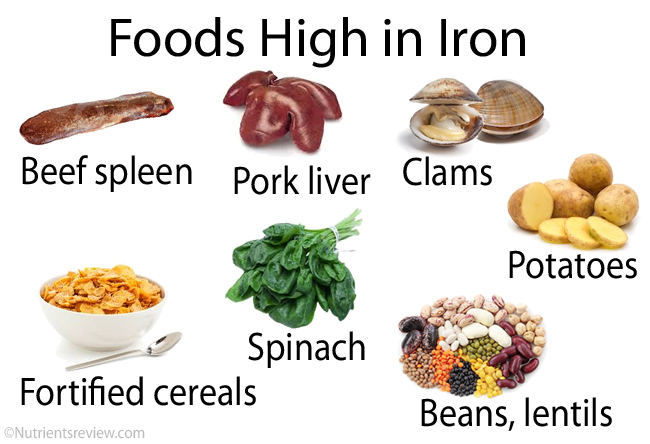CHILDREN NUTRITION
When
good nutrition is not provided to children they will be affected with stunted
growth(their age don’t reciprocate their height), brain retardation and
wasting; either the child will end up with kwashiorkor or marasmus and will
limit the child to grow to the full potential meaning their motor and cognitive the functioning will be affected greatly. Children at this stage need to be
provided with adequate food in order to meet their energy requirements because
of their involvement to lots of playing that takes of the greater percentage of
their energy.
PROTEIN
ENERGY MALNUTRITION
NUTRITION
AND COGNITION
ZINC

Zinc is also another vital nutrient for the cognitive development and can affect almost all stages in life if deficiencies occur, it is a cofactor to most of the enzymes in the brain that regulates metabolic activities including RNA and DNA synthesis, also in neurogenesis, maturation and migration of neurons in the synapse formation which affects memory abilities and zinc supplementations in accompaniment with iron (because of the nutrient interaction) can positively affect the immunity and cognitive development in children.
IRON

One of the most common nutritional deficiencies in both developing and
developed countries is iron deficiency. In some parts of the world, such as in
Sub-Saharan Africa and South-East Asia, the prevalence is more than 40%. In
developed countries—including Australia—it could be as high as 20%,
particularly in pregnant women and in children (WHO 2008). Iron is involved in a
number of enzymes in the brain which is the cytochrome C oxidase for energy
production, tyrosine hydroxylase for dopamine receptor synthesis, fatty acid
synthesis and ribonucleic reductase for brain growth regulations, the long term
insufficient amount of iron is that children will have poor cognitive and
school performances and so supplementations and provision of the nutrient in
the diet is essential for the young ones.
IODINE
 .Insufficient iodine in the soil in most part of
the world has led to the fortification of iodized salts to reduce the deficiencies
of iodine, which is responsible for the production of thyroid fluids, it also
causes cognitive impairment and can be solved by iodine supplementation.
.Insufficient iodine in the soil in most part of
the world has led to the fortification of iodized salts to reduce the deficiencies
of iodine, which is responsible for the production of thyroid fluids, it also
causes cognitive impairment and can be solved by iodine supplementation.
OMEGA 3
 Essential fatty acids play a major role in brain
tissue, they modulate membrane fluidity thereby influencing the receptors and
enzyme activities, they promote neural and dendritic spine growth and synaptic
membrane synthesis hence influencing neural transmission. Equal ratio intake of
the seafood omega 6 and omega 3 shows a successful brain development with
higher language and social skills in early childhood.
Essential fatty acids play a major role in brain
tissue, they modulate membrane fluidity thereby influencing the receptors and
enzyme activities, they promote neural and dendritic spine growth and synaptic
membrane synthesis hence influencing neural transmission. Equal ratio intake of
the seafood omega 6 and omega 3 shows a successful brain development with
higher language and social skills in early childhood.
Nutrition remains to be playing a major part in
the child’s development and it should be taken into consideration, the most the challenge that families are facing is poverty that leads to them not accessing
variety of foods for them to provide a balanced diet for the growing children
and so countries should focus more on poverty eradication in order to continue
raising healthy individuals in society.
Article compiled and Edited by Sharon Tallam and Simiyu Nalianya-Nutrition Student, Baraton University and Karatina University Respectively.



Comments